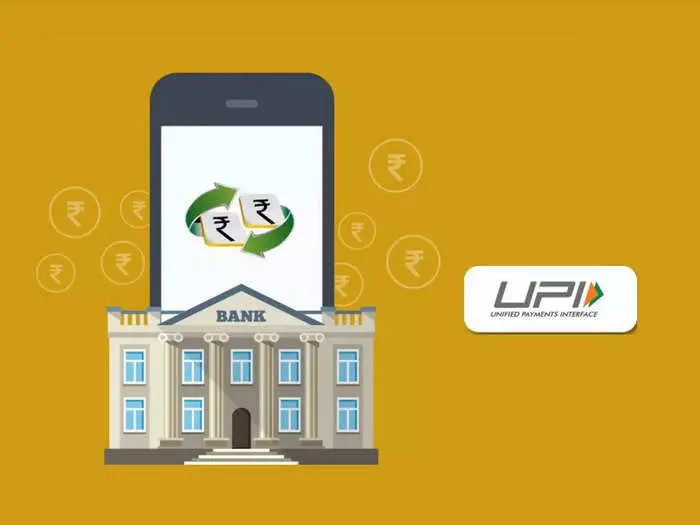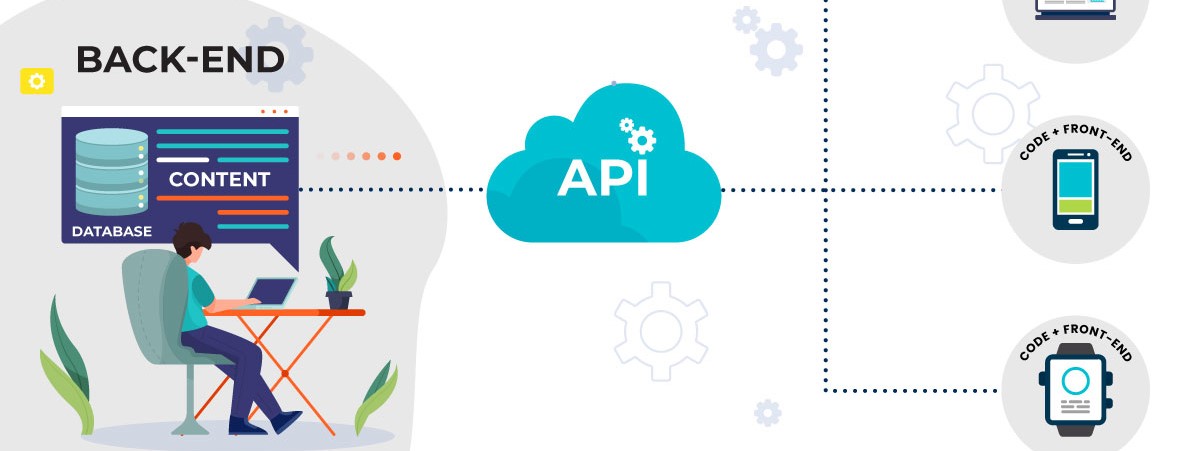Leveraging a payment API or payment gateway API is one of the most popular ways to provide your clients with payment processing options.
In many ways, the usage of APIs is driving the development of India's financial services sector. It has increased teamwork with partners, sped up market innovation, and given consumer data access while enhancing customer satisfaction with all transactions. In the end, stronger relationships lead to better creation, which pleases customers. More companies are using this strategy as a way to sell their items online by enabling customers to pay in a variety of ways.
Leveraging a payment API or payment gateway API is one of the most popular ways to provide your clients with payment processing options. APIs are required to guarantee a seamless checkout process for customers and businesses, whether they use credit cards or bank payments. But what is payment APIs exactly, and why are they important? We'll describe them, how they operate, and which payment APIs are the finest available in this blog.
What's A Payment API?
API stands for an application programming interface. The ability of APIs to connect to or interact with other computers is a useful way to think about them. "An application programming interface is, to put it simply, a method of computer communication. It's a simple approach for the computer to facilitate those talks. When accepting payments, APIs make it possible for apps and e-commerce websites to do so by guaranteeing that all parties involved in the transaction—such as the processor, gateway, e-commerce platform, etc.—can "speak."
Using a payment API, your existing software and mobile apps can easily be enhanced with payment processing functionality. In essence, it enables software or a set of programs to interact and communicate with one another, enabling eCommerce retailers and merchants to control the payment experience better. Payment APIs are customizable and let firms set up their infrastructure for accepting payments. You can use APIs to build customized credit or debit card processing arrangements exclusive to your eCommerce firm instead of being constrained to a pre-set payment structure.
How Do Payment APIs Work?
A payment API will likely aid the transaction whenever a customer makes an online payment on your eCommerce website or app. A payment API generally connects "a customer and their method of payment (such as a credit card or bank transfer) to a dollar amount and then a business," according to our developers. APIs enable "a two-party relationship (i.e., the client and merchant) that are sending money between those two parties," the author continues. The payment information must ultimately be transmitted from a payment form or app to a service that can take it, the creators’ claim, which is where the API component comes in. Just two of the numerous crucial capabilities that payment APIs supply to eCommerce and retail vendors include the capacity to offer refunds for online payments and the capacity for speedy settlement.
What Advantages Come With Making Use Of A Payment API?
There are many reasons why the majority of eCommerce merchants employ payment APIs, but some of the most significant ones are as follows:
They provide a simple checkout process: Payment APIs make it simple for businesses to provide customers with a selection of payment options, enhancing the customer experience. They aid in automating the payment process for the merchant, giving them back valuable time and assets (particularly for recurring payments).
Payment API Use Cases
Gaining New Market Share
Pay attention to the administrative requirements of conducting business in a foreign nation. The significance of accommodating customers' payment choices in new locations has already been addressed. However, a company must first traverse the rules of the target market. This frequently calls for setting up a bank account there, which entails becoming registered as a legal business. A merchant abdicates this duty to a third party by utilizing a payments API. Since many legal and compliance requirements are handled as part of the API integration, businesses may expand their worldwide footprint and enter new markets much more quickly.
Improve The Checkout Process
If you overcrowd your checkout process, offering various payment options can be detrimental. Customers may get bored and overwhelmed when presented with multiple payment options. The same holds if the checkout page isn't in the native tongue, prices are given in another currency, or data formats and forms are set up for different regions. This is a lot for retailers to consider, especially if they want to design separate checkout processes for various markets. They can develop customized checkout processes for each call using a payment API, providing clients with the diversity they wish.
Make Innovative Business Models
However, payouts and withdrawals can be instantaneous with an open banking API, offering the business a powerful message to lure in and keep consumers. 85% of consumers stated they would be more likely to return to a retailer that provided immediate refunds in the survey 2021.
Our latest Blog

What is Travel API? 7 Steps to Integrate in Your Portal
Looking to integrate travel services into your business software? Check out best travel API service provider with 7 easy steps to integrate.

How Banking UPI Services Impacting Various Business Industries?
The adoption of digital payments and all other FinTech services will depend on how well the sector can reassure clients and earn their trust so that they feel safe and secure while using the service.

New Era of Collaborating Fin-Tech Industry with Entrepreneurship
We are delighted to announce the launch of NexWallet Payments, a Fintech company specializing in Neo Banking Solutions and providing a Unified......
